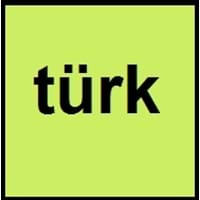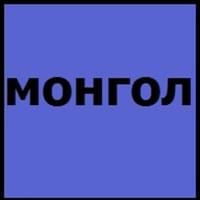Turkish and Mongolian
- Turkish language oldest written records are found upon stone monuments in Central Asia, in Orhun, Yenisey and Talas regions.
- Turkish language was developed in the Middle East, streching all the way to Eastern Europe.
- Mongolian was first written using Phagspa script in late 13th century.
- There is no connection between Mongolian, Japanese and Korean, but still in terms of grammar and sentence structure they are very similar.
All Turkish and Mongolian Dialects
Most languages have dialects where each dialect differ from other dialect with respect to grammar and vocabulary. Here you will get to know all Turkish and Mongolian dialects. Various dialects of Turkish and Mongolian language differ in their pronunciations and words. Dialects of Turkish are spoken in different Turkish Speaking Countries whereas Mongolian Dialects are spoken in different Mongolian speaking countries. Also the number of people speaking Turkish vs Mongolian Dialects varies from few thousands to many millions. Some of the Turkish dialects include: Azerbaijani Turkish, Crimean Turkish. Mongolian dialects include: Khalkha Mongolian , Ordos Mongolian. Also learn about dialects in South American Languages and North American Languages.
Turkish and Mongolian Speaking population
Turkish and Mongolian speaking population is one of the factors based on which Turkish and Mongolian languages can be compared. The total count of Turkish and Mongolian Speaking population in percentage is also given. The percentage of people speaking Turkish language is 0.95 % whereas the percentage of people speaking Mongolian language is Not Available. When we compare the speaking population of any two languages we get to know which of two languages is more popular. Find more details about how many people speak Turkish and Mongolian on Turkish vs Mongolian where you will get native speakers, speaking population in percentage and native names.
Turkish and Mongolian Language Codes
Turkish and Mongolian language codes are used in those applications where using language names are tedious. Turkish and Mongolian Language Codes include all the international language codes, glottocodes and linguasphere.





